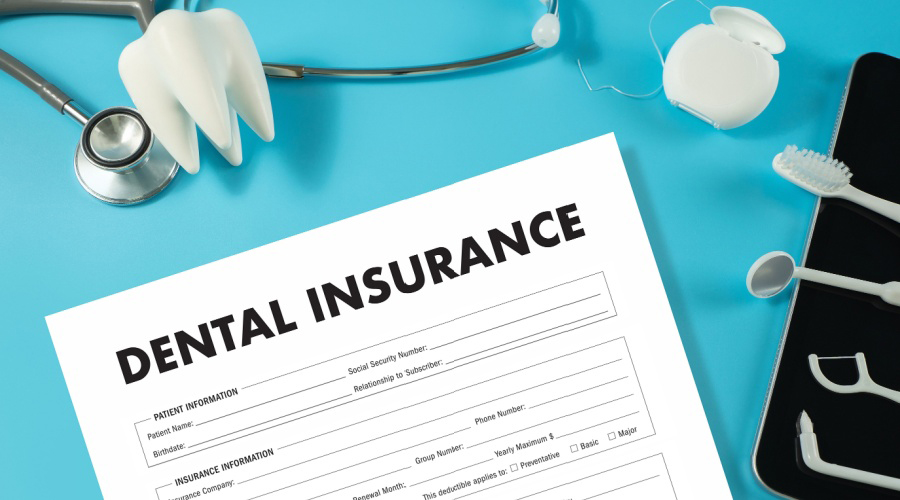Content Provided Courtesy of Blue Cross NC.
It’s a story we hear too often from clients. You visit an emergency room or need medical care that involves services like anesthesia or an x-ray. You pay what you owe for the visit and a few weeks later, a bill arrives in the mail that you weren’t expecting. You open it and find a separate charge from a specialist group for hundreds or even thousands of dollars. The questions naturally start from there – What is this? Didn’t I pay for this already? Am I being charged again? Why is this bill so high?
This is surprise billing, and it’s an issue that impacts one in 10 Americans each year. It’s a serious problem for residents in every state including North Carolina.
Prior to new consumer laws that protect patients from surprise billing, even in-network providers in specialties like anesthesiology, radiology and emergency have been able to charge you significantly more than their peers and up to 500% higher than what they charge Medicare patients. These services are most often provided when patients are at their most vulnerable.
More consumer protection is on the way
New federal legislation that will take effect January 1, 2022, seeks to stop surprise billing. These laws establish much-needed limits on pricing, protecting consumers by ensuring services provided by out-of-network providers are more affordable. They also create a process for insurers and providers to settle differences when special exceptions are needed.
We are pleased Congress took steps to protect patients from unfair and costly surprise medical bills. The new laws will undoubtedly improve the problem for our clients and keep millions of Americans from getting unexpected bills at unexpected prices after they seek the care they need. We can all agree that charging up to five times more for some patients is simply not fair and not sustainable.
Sending huge surprise bills or engaging in unfair pricing tactics that drive up premiums for individuals and families isn’t right. Everyone deserves better, simpler and more affordable health care.





